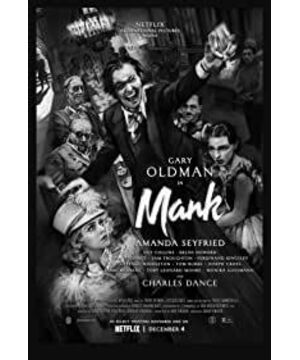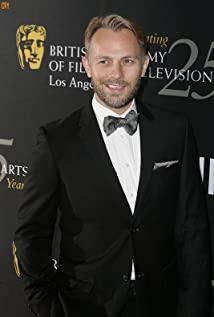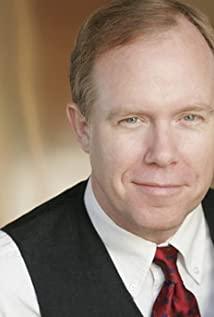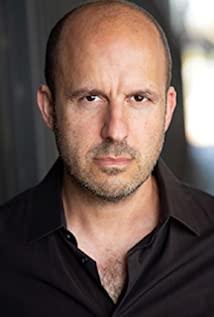Is there really a movie review under this item?
The movies I went to the theaters on weekends, as an old movie lover, I was very happy, because it created the details of the studio era well. It can be said that it is the most "Olympic" movie of various similar era backgrounds in the past decade. good.
But I really doubt whether this movie has nothing to watch for modern audiences.
List the points I can remember, and wait for the major fans to publish long articles after Netflix goes online. New Year's Eve right?)
- MGM & Mayer: beat that time how Hollywood could not have MGM and Mayer, although the name in the company, but in fact not Mayer MGM everyone.
- Thalberg political stance : talented filmmakers to understand before he did in 1934 governorship election disgraceful thing, I did not expect this part of the story in Mank more important than "Citizen Kane" was. I don't remember which documentary or biography I saw it first, but it should be said in this documentary . An unrelated gossip, it is said that the March couple often tried Amway socialism at the Thalberg's party, but they were declined. The March couple are definitely different. After all, there were not too many hardcore GOP supporters of Hollywood stars at the time. Unfortunately, this did not make them more famous on the Chinese Internet.
- Marion Davies : you can look at this documentary about her
She also has a memoir, which says that Hearst and she have never seen "Citizen Kane". Search for this part of the content and you can find the original text on the Orson website.
I personally recommend Marion Davie to imitate Garbo in "The Grand Hotel" in Blondie of the Follies, but I don't expect a public account to do the cut.
Davies' nephew (or nephew? I have no evidence) Charles Lederer is a screenwriter ("Girlfriend Friday") and one of the important supporting roles in this movie. Lederer's first wife was Orson's ex-wife, and I hope the official account will gossip.
- Ben Hecht : Paramount Lederer to see that scene Mankiewicz brothers simply a well-known Hollywood screenwriter thirties list. However, this kind of screenwriter that can be a theme of a drama is too background board in it. Herman's grandson (now the host of TCM) speaks of Hecht's letters to his family after his grandfather's death, and they are full of praise for the writing.
- Joseph L. Mankiewicz : daughter has been approved by the parties handsome actor. I feel that Mankiewicz's experience in the screenwriters' union and directors' union is very interesting, and I plan to make up his documentary. In the movie timeline, he had not yet started as a director, but later became a director and won many Oscars.
- David O. Selznick: DOS success is reflected in the time line on such a theory, and he's nothing, there are still a few dialogue revealed the six years he played for at least three companies (Paramount - Michael May-his own SIP, RKO seems to have not left the country). "Paramount doesn't make horror films, we are not Universal" also featured Sternberg, although DOS did not produce JVS movies when he was in Paramount.
I originally wanted to write casually, but the number of words was still exceeded, and I looked forward to the texts of the major official accounts.
View more about Mank reviews











